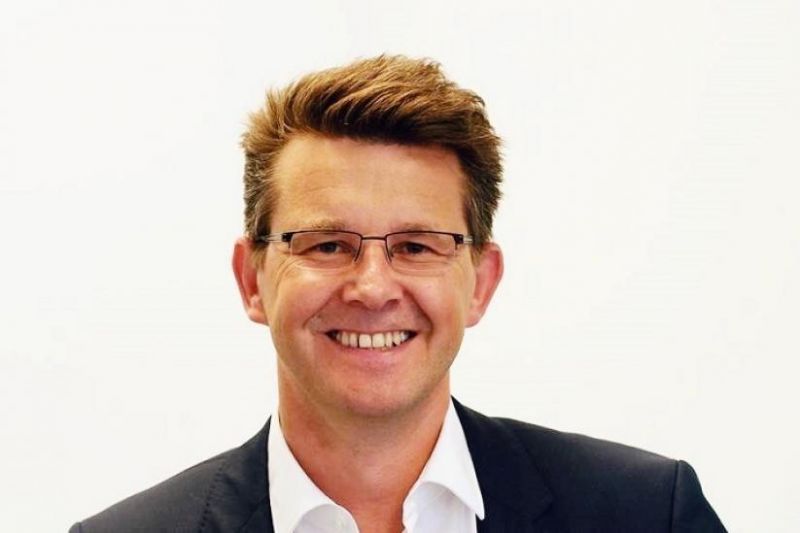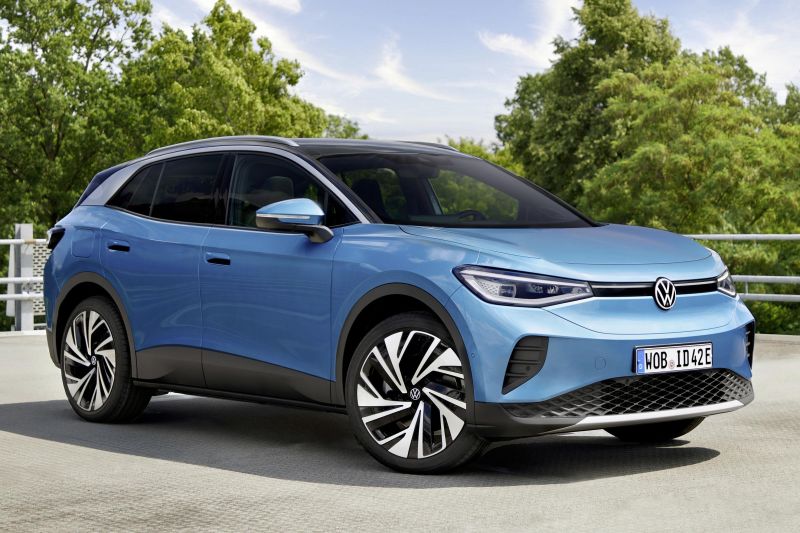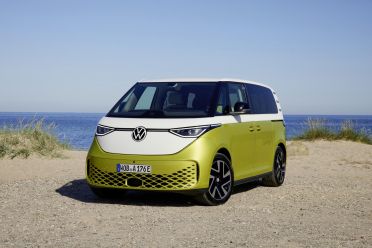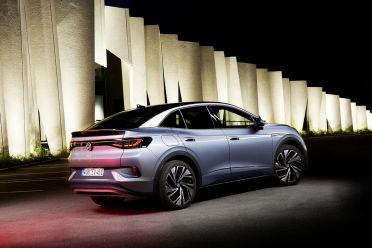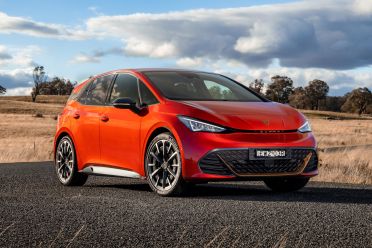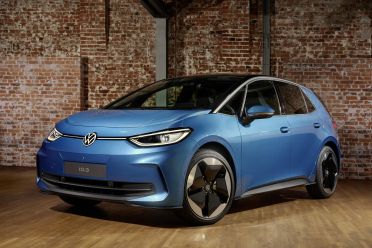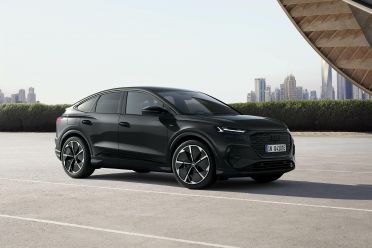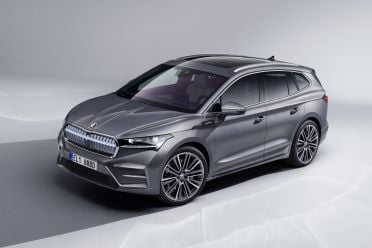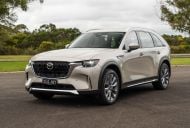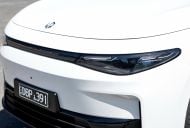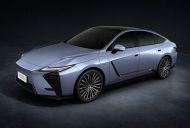Volkswagen Group Australia’s new managing director says the Volkswagen Group isn’t “completely uncompetitive”, but it needs to be quicker to adapt to a changing car market.
“Speed is an issue as a group,” said Karsten Seifert, who took over the role in November, to Australian media.
“We have to be a little bit more quicker to get much faster, in regards to our competitors as well.”
Mr Seifert was asked about Volkswagen brand boss Thomas Schäfer’s remarks about the company not being competitive.
“I think we are also far away from being completely uncompetitive. We have great products at the moment… We have also great competitors in the market, that is also the case and we have to see that and to recognise it and to respect that as well,” he said.
The Volkswagen Group is embarking on a €10 billion (A$16.54bn) savings program, which it is currently negotiating with its works council, and managers have reportedly told staff the cuts will include staff reductions – something that hadn’t been planned until 2029.
“With many of our pre-existing structures, processes and high costs, we are no longer competitive as the Volkswagen brand,” Volkswagen brand chief Thomas Schäfer said in a staff meeting late last month, per a report from Reuters.
Mr Seifert said the company is in the midst of a huge transformation, and in addition to new products it needs to adapt its processes and actions.
“We really have to get back where we have been a few years ago now, but there’s also a clear plan,” he said, adding he thinks the company has made the right decisions.
“We take the competition here in the market very seriously, I have to say, but I think we still have a few potentials to come up in the next years.”
One area where the Volkswagen Group locally has been slow is in the electric vehicle (EV) space.
Volkswagen has been slower than rivals like Hyundai and Kia in rolling out EVs, even as sales of these vehicles are growing rapidly.
While Volkswagen Group brands Audi and Porsche already have high-end EVs in the shape of the Audi Q8 e-tron (nèe e-tron) and e-tron GT and Porsche Taycan, a wide range of more affordable models has yet to arrive.
The Volkswagen brand, for example, is finally rolling out its first electric vehicles during 2024 in an EV market that Tesla owns almost half of.
Nevertheless, Volkswagen Group Australia says that in five years it will be selling more EVs than combustion-powered vehicles.
One of the Volkswagen brand’s first EVs in Australia will be the ID.4, due in June/July 2024. This went on sale in Europe all the way back in late 2020, though it recently received updates to its electric powertrain.
While its ID.5 companion and the ID. Buzz only went on sale in Europe in 2022, the ID.3 hatchback will be another latecomer.
Volkswagen hasn’t locked in official launch timing for the electric hatchback, other than to say it will be an arrival beyond 2024. European deliveries began back in 2020.
Fledgling brand Cupra was the first of the Volkswagen Group empire to launch an EV in Australia on the dedicated MEB architecture that underpins these ID vehicles.
Its Born hatchback, closely related to the VW ID.3, went on sale earlier this year.
Skoda and Audi have also been slow in introducing an MEB-based EV here. The Skoda Enyaq is due in July 2024 but launched in Europe in 2021, while the Audi Q4 e-tron is coming here in the first half of 2024 but also entered production back in 2021.
But while the Volkswagen Group has a wide range of EVs on offer already in Europe, where EV market penetration is considerably higher, it has faced headwinds.
Sales of Volkswagen’s EVs have fallen short of expectations, with the company pausing production of models like the Volkswagen ID.3, ID.4 and ID.7 and Cupra Born at various factories.





